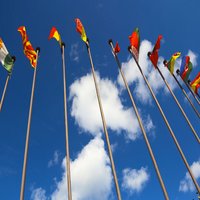Positive Results Without Negative Consequences
New JIKO policy paper on "do no harm" options for Article 6

New JIKO policy paper on "do no harm" options for Article 6

Contributions to sustainable development have always been a controversial issue within the Clean Development Mechanism (CDM). In particular, host countries have been adamant that defining what constitutes sustainable development is a national prerogative that may not be impinged by international rule making. On the other hand, the basic principle that any intervention should not do harm to the societies and the environment they take place in well-established in bi- and multilateral development cooperation, and is far less problematic in terms of national self-determination. The rationale behind this is clear – in order to be able to contribute to sustainable development in any country, activities must not hinder or negate some aspect of sustainable development in favour of promoting others.
The new JIKO policy paper analyses so called "do no harm" principles that could be used as a basis for a safeguard system under Article 6. Such a system could help to prevent possible social and environmental damage that could be caused by Art. 6 activities in the host countries. Based on defined considerations, the paper analyses a number of safeguard systems and "do no harm" principles.
The policy paper then compares the submissions made by Parties to the United Nations Framework Convention on Climate Change (UNFCCC) to an overview of the current UNFCCC negotiating texts. Finally, the paper gives recommendations on the design of a safeguard system for Article 6.
The complete paper can be found under the link below.
